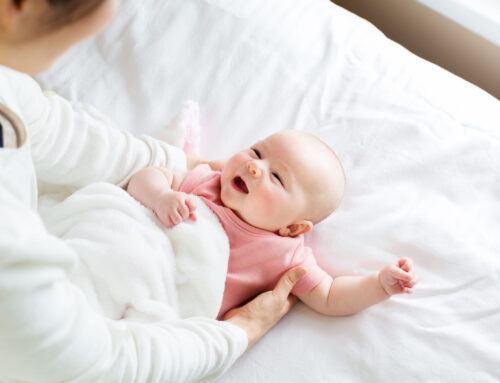Â
When you’ve just given birth, you just spent roughly 9 months without any alcohol. Perhaps you’ve been counting down the days until you can uncork that champagne and celebrate your baby’s arrival, but if you’re nursing or pumping, then it’s important to understand the safety considerations for drinking while breastfeeding.
Alcohol and Breastfeeding 101
Did you know that approximately half of all lactating women will consume alcohol while breastfeeding. It is important to know that alcohol doespass from your bloodstream into your milk supply, and theCDCstates that abstaining from alcohol is the safest choice for breastfeeding. But one standard drink per day, (roughly 12 ounces of beer, 5 ounces of wine, or 1.5 ounces of distilled spirits) consumed at least two hours prior to breastfeeding, is not known to cause harm to newborns.
Breast milk-alcohol levels peak about 30-60 minutes after drinking. If you stop drinking at that point, your breast milk-alcohol concentration will gradually start to decline. The amount of time it takes for alcohol to leave your system depends on your weight, what and how much you’ve eaten, and how quickly you were drinking. The CDCrecommends that you wait at least two hours in between consuming one standard drink and breastfeeding to allow your liver to metabolize the alcohol in your system
Pumping and Dumping Does Not Reduce Alcohol Concentration
To be clear, alcohol is stored in your bloodstream and not in your breasts so the act of “pumping and dumping does nothing to remove the alcohol from your breast milk. Per the CDC, Expressing or pumping milk after drinking alcohol, and then discarding it (pumping and dumping), does NOT reduce the amount of alcohol present in the mother’s milk any quicker. The only effective way to rid your breast milk of alcohol is through the passage of time. Drinking in excess of one unit of alcohol at least two hours before breastfeeding could damage your baby’s sleep patterns, development, and growth.
Alcohol Impacts Your Caretaking Capabilities
Another crucial consideration: taking care of your baby while under the influence isneverrecommended. Whether breastfeeding or not, drinking to excess can hinder your ability to make careful decisions. And always make sure you have safe sleeping arrangements for your infant: there is astrong correlationbetween falling asleep with newborns while under the influence and Sudden Infant Death Syndrome.
Even Moderate Drinking Can Affect Your Milk Supply
Alcohol can affect your levels ofprolactin and oxytocin, the hormones that control breast milk production. Even a single glass of wine can disrupt these milk-producing hormones short-term, and regular alcohol consumption could reduce your long-term milk production. If you drink alcohol and are having milk supply issues, it’s best to reach out to your doctor or International Board Certified Lactation Consultant immediately to discuss possible lifestyle changes.
Mindfulness is Key
While wine and breastfeeding dont always have to be mutually exclusive, conscious consumption is crucial. Talk to your doctor or lactation consultant to come up with a lifestyle plan that works for you and your baby.
Looking for a lactation consultant near me? Call Kathy today!





